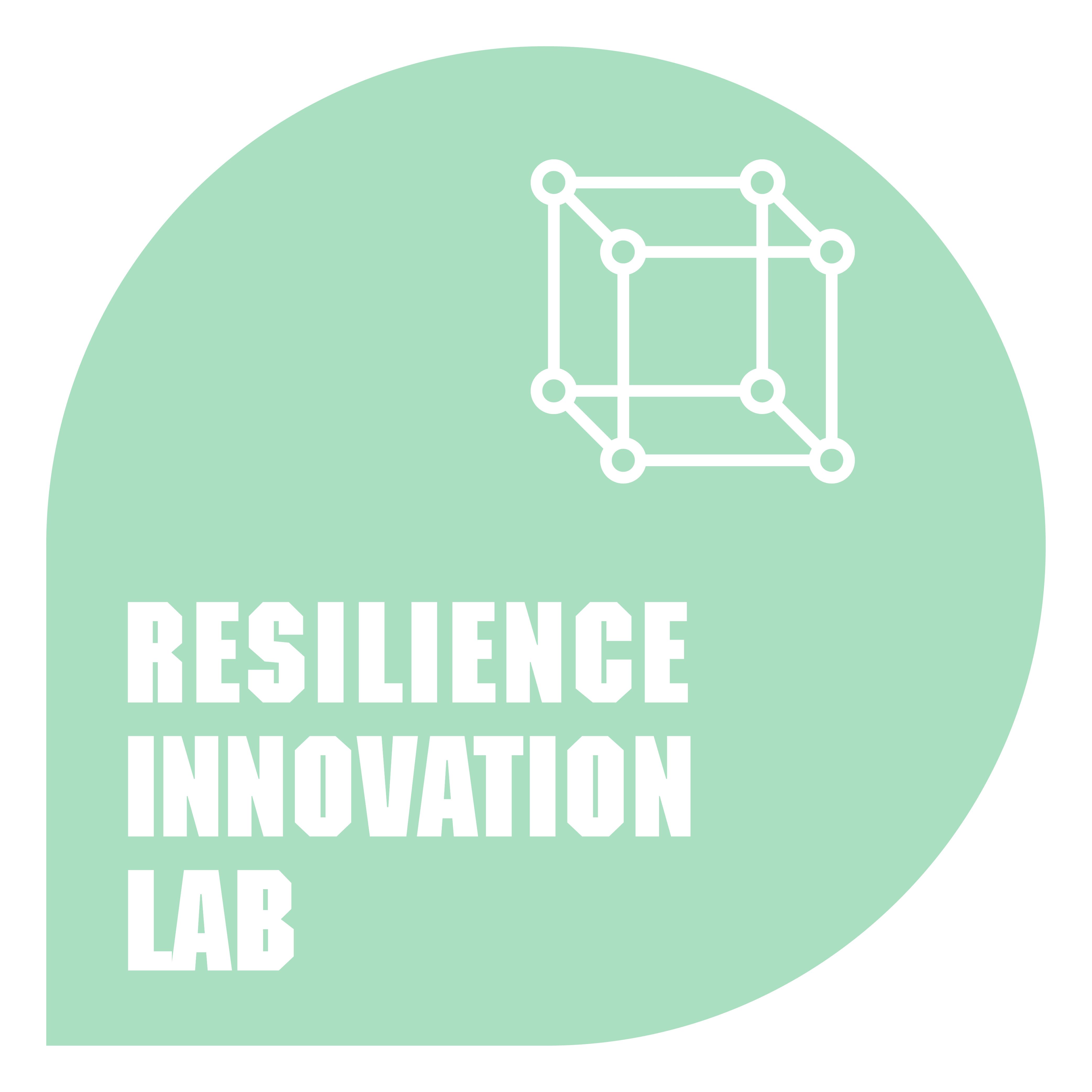
Resilience Innovation Lab (RIL) is pleased to launch its inaugural research report, titled An Unbreakable Wall? Challenges and Opportunities of Defending Freedom of Information in China. The full report is now available online.
Over the past decade, China’s information environment has deteriorated markedly due to increasing state control over digital communications. Notable escalations in censorship and surveillance have coincided with key events, including the 2019 Hong Kong protests, the COVID-19 pandemic in 2020, and the White Paper Movement in 2022. The Chinese Communist Party (CCP) has systematically tightened its grip on cyberspace, driven by concerns over foreign ideological influence and the safeguarding of domestic regime security.
Businesses—particularly multinational corporations—face growing risks as China’s digital environment becomes ever more restrictive. Due diligence operations have been significantly hindered, with organisations subjected to raids, exit bans, informal government warnings, and limited access to essential corporate information databases. Civil society organisations, journalists, and academics face similar constraints, including routine surveillance, censorship, and major operational disruptions. Academic freedom, journalistic independence, and civic activism continue to be challenged by ambiguous legal frameworks, intensified surveillance, and direct threats from state authorities.
This report provides a comprehensive account of China’s information environment under the rule of the CCP, with a particular focus on developments since President Xi Jinping’s ascent to power. It offers a critical analysis of how systematic, state-led efforts to control and manipulate information are affecting various sectors of society—including the information supply chain, public access to information, and the operating conditions of businesses (especially within the due diligence sector), civil society groups, journalists, and academics engaged with China. Drawing on evidence-based insights from multiple perspectives, the report seeks to inform a broad range of stakeholders—from policymakers and international businesses to civil society organisations and academic institutions—and encourages collaborative efforts to address the challenges posed by China’s information landscape and its impact on global information networks.
Resilience Innovation Lab gratefully acknowledges the invaluable contributions of several anonymous individuals and interviewees who chose not to reveal their identities for safety and security reasons. Their courage and insight have greatly enriched the depth and authenticity of this report. We sincerely hope that, in the near future, contributors and researchers will no longer feel compelled to hide their identities, but will instead be free to participate openly in the pursuit of a free, transparent, and open society in China.
Download the full report here.
韌性創新實驗室(Resilience Innovation Lab, RIL)很高興正式發佈其首份研究報告,標題為《堅不可摧的高牆?在中國捍衛資訊自由的挑戰與機會》。完整報告現已上線,歡迎下載閱讀(只有英文版本)。
過去十年間,隨著國家對數位通訊的掌控日益加劇,中國的資訊環境已顯著惡化。審查與監控的強化與多項重大事件密切相關,包括 2019 年的香港抗議活動、2020 年的新冠疫情,以及 2022 年的白紙運動。中國共產黨(中共)出於對外來意識形態影響和國內政權安全的憂慮,系統性地強化了對網絡空間的控制。
企業,特別是跨國公司,面對中國日益收緊的數位環境,風險亦隨之上升。盡職調查作業受到嚴重限制,機構經歷突襲檢查、出境禁令、非正式政府警告,以及無法取得關鍵企業資訊資料庫等問題。公民社會組織、新聞工作者與學者也面臨類似限制,包括日常監控、內容審查及重大營運中斷。學術自由、新聞獨立與公民行動常遭模糊法律界線、更嚴格的監控手段以及政府直接威脅所挑戰。
本報告全面記錄中共統治下中國的資訊環境,特別著重於習近平總書記上台以來的發展。報告深入分析國家主導、系統性的信息操控如何影響社會各個層面——包括資訊供應鏈、公共資訊的可及性,以及企業(尤其是盡職調查產業)、公民社會組織、媒體與學術界在中國境內外的運作條件。透過多元視角的實證分析,本報告旨在為包括政策制定者、國際企業、公民社會組織與學術機構在內的利益相關方提供參考,並促進跨界合作,應對中國資訊環境及其對全球資訊網絡帶來的挑戰。
韌性創新實驗室誠摯感謝數位匿名貢獻者與受訪者,他們基於安全與風險考量選擇隱去身分。他們的勇氣與深刻見解大大豐富了本報告的內容與真實性。我們衷心期盼在不久的將來,貢獻者與研究者無需再隱姓埋名,而能夠公開參與,為中國邁向自由、透明與開放的社會共同努力。
按此下載完整報告(只有英文版本)。

Comments are closed